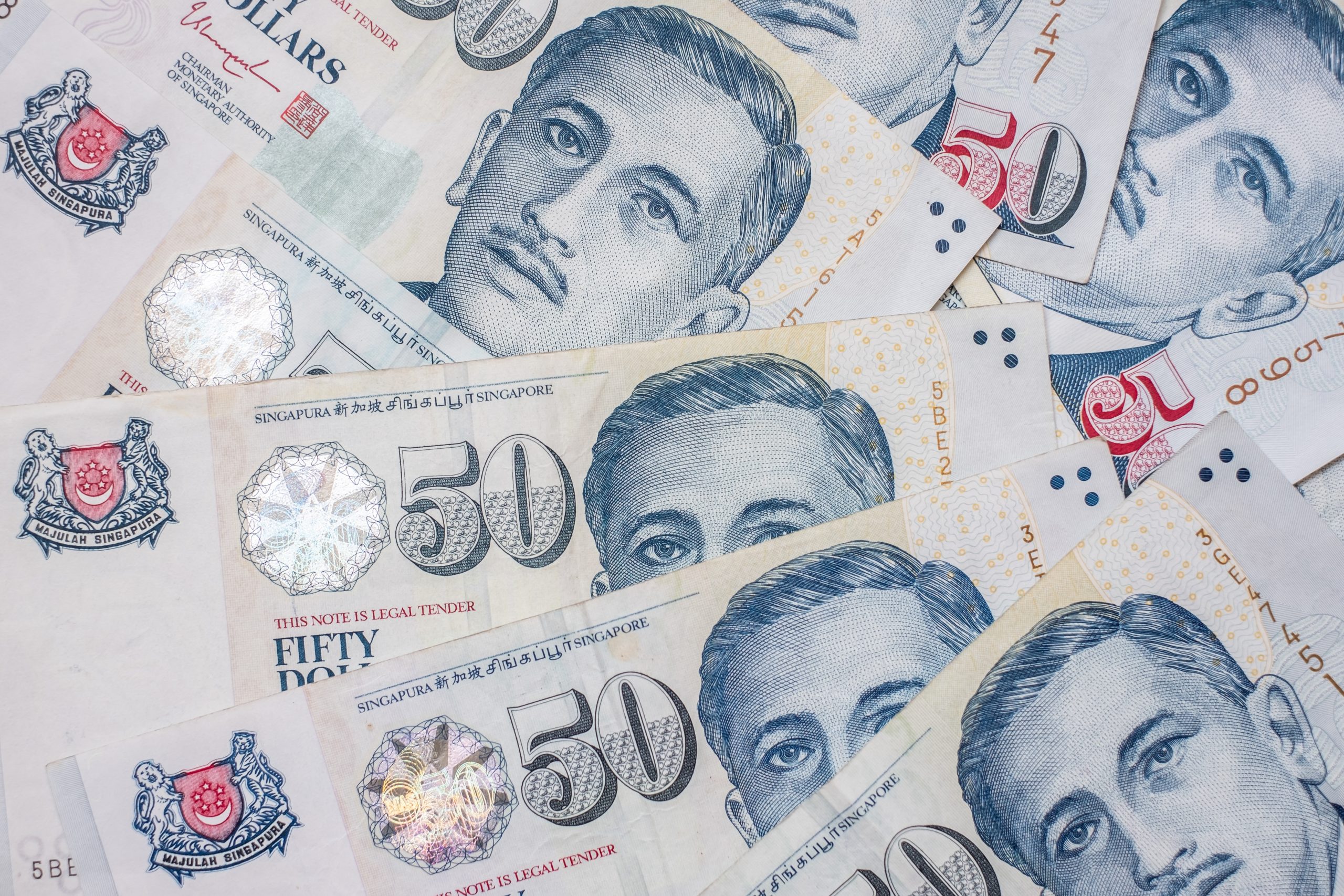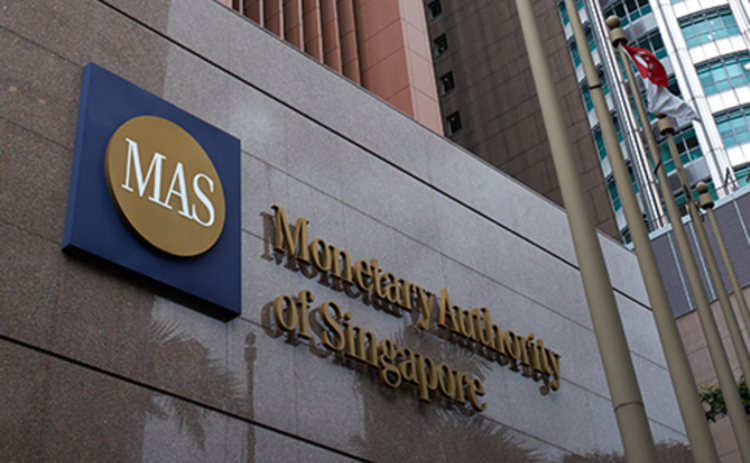Singapore Mulls Raising Caps on E-Wallets

The Monetary Authority of Singapore (MAS) is considering a revision of the caps on personal e-wallets and to introduce an exemption to allow for “white labelling” of e-wallet accounts, and is soliciting feedback from licensees and regulated entities under the Payment Services Act, as well as the general public.
MAS wants to raise the stock cap (maximum funds that can be held in a wallet at any given time) from S$5,000 to S$20,000; and raise the flow cap (the maximum total outflow over a rolling 12-month period) from S$30,000 to S$100,000, it said in a consultation paper published today.
According to MAS, the caps are in place “to ensure continued stability of the financial system,” noting they “reduce the risk of significant outflows from banks’ retail deposits to non-bank e-money which can undermine the ability of our banks to perform vital economic functions such as intermediating savings to help the economy grow and acting as stabilisers during financial crises.”
Even with the higher proposed caps, scenario projections based on historical consumer usage statistics indicate that the financial stability objectives “can still be met,” MAS said.
In Singapore, cryptocurrencies are generally regulated as digital payment tokens (DPTs) under the Payment Services Act 2019 (PSA). As such, license holders that deals with digital payment tokens (crypto) in the city-state are obliged to ensure e-wallets held by their users adhere to the current limits.
Raising the caps e-wallets would make Singapore more attractive to crypto exchanges that are eyeing a DPT license.
Currently, seven companies hold a DPT license: DBS Vickers, Digital Treasures Center, Fomo Pay, Independent Reserve, Sparrow Tech, Coinhako and Revolut.
Generally, crypto traders and investors use one of the many foreign exchanges or platforms that are available, though they are not regulated here, as they do not have such caps placed on them. The higher limits are likely not enough for users to make a switch back to a domestically regulated player.
Last week, Coinbase and Blockchain.com received in-principal approvals for a DPT license, so Singapore users of these platforms would also have to adhere to these limits.


